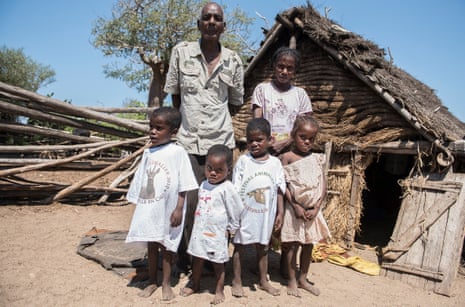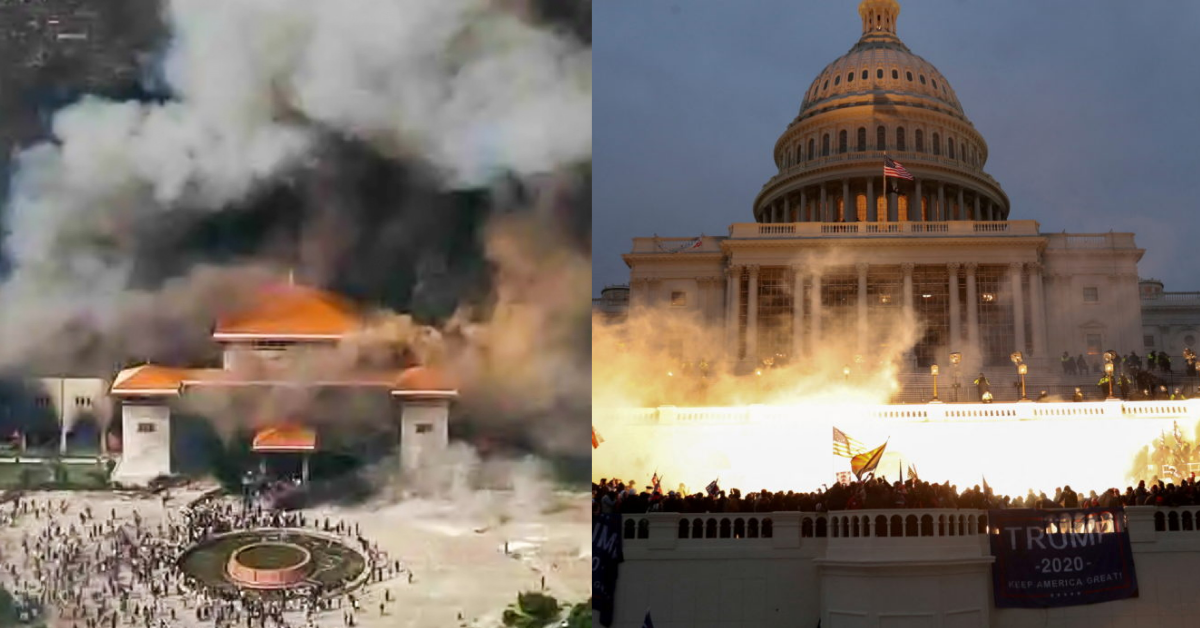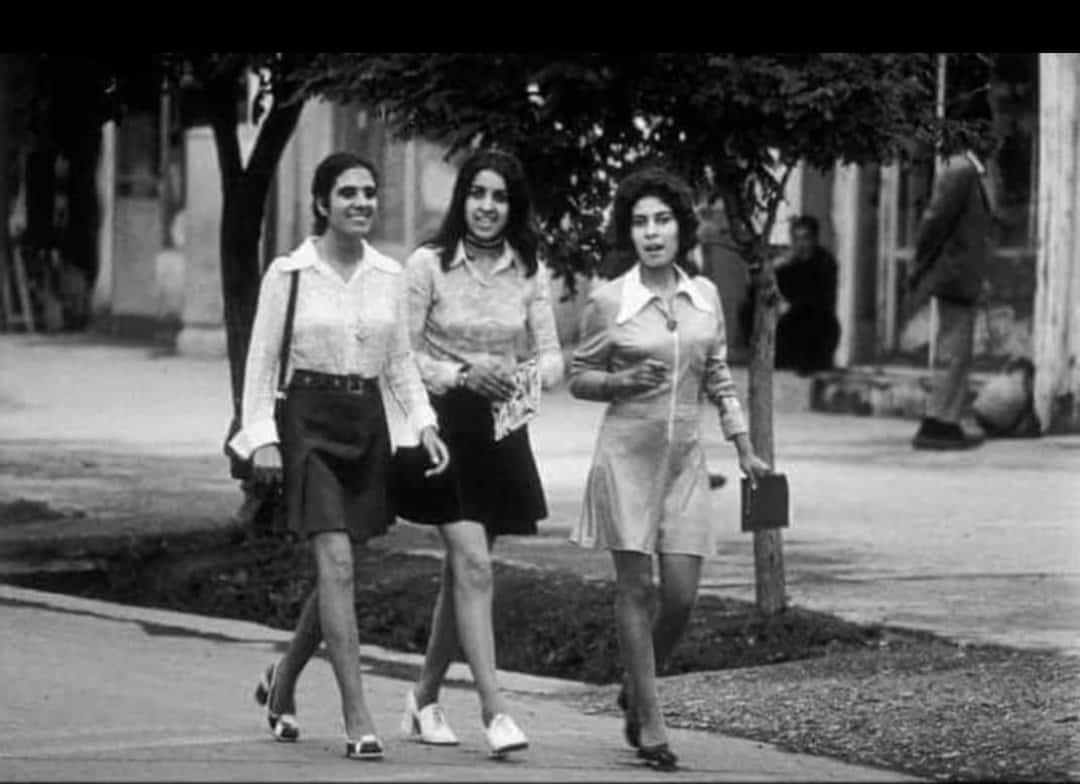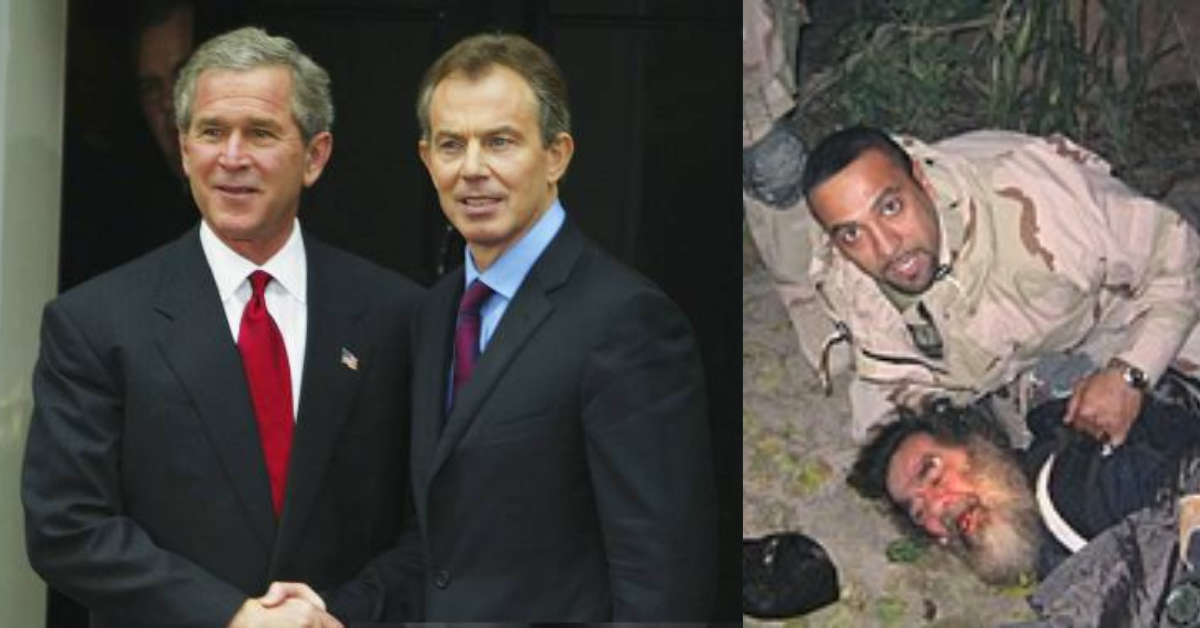The Days of American Citizens and So-Called Democrats and Environmentalists Will Soon Be Over

Malala Yousafzai only wished to learn. For that simple desire—to study—someone tried to kill her. It was not her family but outsiders who physically attacked her to block that urge for education. In the Third World, Malala is not alone; she represents millions of others. They must endure taunts from their families, wipe away tears, and sit upon the wedding dais. “Cooking after eating, eating after cooking—twenty-two years bound to the same wheel.” And yet, with steady hands, these women labor, transform households, and lead their children into a new world.
But is this picture of women’s struggle confined only to the Third World? In post-COVID-19 North America, women suffer more from mental distress and other crises. Their families seldom care for them as they should. Even among those who lost jobs because they could not return to the workplace after months of working from home, women constitute the greater number, both in absolute and percentage terms.
How the West Manufactures Its Moral Icons
Many of these women are educated. Yet the Western world never brings them forward to preach wisdom to the Third World. Instead, they elevate Malala—who had not even been allowed to complete her education—and make her lecture about learning, compelling everyone to applaud. Eventually, they even hand her a Nobel Peace Prize.

Greta Thunberg was a schoolgirl. Before she could truly understand what “environment” meant, what industrialization was, how much damage it caused—and, conversely, how much the survival of seven billion people depends on industry—she was turned into an environmental icon. Her childlike declarations became the vehicle through which the Third World was to learn environmental consciousness.
In just the same way, it is now being said that from Morocco to Madagascar, a generation of angry youth is giving “democracy” to the world. But where do these young people stand in terms of democratic consciousness or educational quality? In many countries where so-called revolutions for democracy have occurred, the educational standards are such that Singapore would consider graduation from its top universities to be equivalent to a foundation course, below “O-Level.”
In reality, students who study seriously begin proper academic life after eight or nine years of schooling and then pass their O-Levels or IGCSEs. If it falls below that, it corresponds roughly to the fifth-to-seventh-grade level. Most of them cannot write or speak their own mother tongue correctly, nor do they possess a basic understanding of mathematics, another fundamental medium of universal education.
Exporting Democracy: The Mirage from Morocco to Madagascar
These are the boys and girls who are said to be bringing “democracy” to their nations. Yet, if we consider the region from Morocco to Madagascar, what do we observe? In Madagascar, no one yet knows what will happen. Military rule has just been imposed. Within days, we will learn which direction it takes. Meanwhile, from Morocco to Nepal, autocracy and corruption have again sunk deep roots—harder and tighter than before.

When Revolutions Become Spectacles
In The Japan Times, Brahma Chellaney wrote that the Nepali judge who was glorified before the world as a guardian of democracy had, in fact, a husband involved in an airplane hijacking—but no one mentioned it. After Chellaney’s question, we may add further: if she were truly an impartial judge, she could have, of her own initiative, tried any crime at any time. Did she ever do so while serving as Chief Justice? She did not. Moreover, Nepal’s former Prime Minister Prachanda has raised another question—why did the army not protect the Parliament Building?
Chellaney also pointed out in The Japan Times that what happened in these countries had a close resemblance to what took place at Capitol Hill in the USA. If that was labeled terrorism, then why are these events hailed as “revolutions”?
Creating Saints for the Global South
Why are they presented as revolutions before the Third World? One reason is that the Third World is dazzled in two ways. First, by turning children like Malala and Greta Thunberg into heroes—as if to say, “Look, these tiny children understand, and you do not.” Then, by hanging a Nobel Peace Prize around one of their necks. The people of the Third World think, “She won the Nobel Peace Prize; she must be almost divine.”
Malala’s country was once an educated one. Who brought that darkness of ignorance upon it—does anyone write that history? In truth, around the world, narratives are built far more than histories are written. Reality rarely comes forward. After the Russian Revolution, as Syed Mujtaba Ali once wrote, the Comrades moved into the Czar’s palaces—and do not the same things happen after every such revolution?

Revolutions of Helicopters and Blankets
Toward the end of Sheikh Hasina’s rule in Bangladesh, I saw student-league presidents and secretaries traveling by helicopter. Another group rode cars worth many millions of taka. After the “revolution” in Bangladesh, one “revolutionary” distributed a few hundred blankets within a few square kilometers, flying by helicopter twenty-eight times, or however many it was. Young journalist Nazmus Sakib has an entire video tally of it. And those who once lacked even wallets now drive convoys of cars worth crores.
Yet they are not to blame. In fact, compared with the Student League, they appear almost transparent. For the Student League still invokes the Liberation War, while these people speak of the 1947 “arrangement.” But what was 1947’s arrangement? With the partition that created Pakistan, Mahendra Ghosh was forced to abandon his great house, and Sabur Khan became its owner, without any legal deed, simply by occupying it.
From Palaces to Party Offices: History Repeats in New Uniforms
There is nothing new in that. After all, long before 1947—in 1917—the Russian Revolution saw comrades march into the Czar’s palaces in the same way. There it was the workers; here was the rickshaw-puller’s son collecting fifty lakh taka in extortion, the peon’s son opening a grand office at twenty-four. Their justification? They say Aladdin’s genie has arrived through the revolution.
Of course, to Western eyes, all this is “revolution.” From the British Ambassador to the UN Secretary-General, everyone sees “revolution” within it. Yet no one from the Third World will ask the British Ambassador: if someone barged into your Parliament and sat in the Speaker’s chair smoking a cigarette, would you call that a revolution? If groups stormed the hall of the UN General Assembly and danced with their friends, would the UN Secretary-General deem that a revolution? No—in the West, under the rule of law, those would be criminal acts. And if so, then why are such acts in Madagascar, Syria, Sri Lanka, or Nepal hailed as revolutions by the West? Why do Western experts insist that these nations must accept such “changes”?

Children as Prophets of the West
And what sort of faces do these Third World representatives have? Let me share a small experience. About twenty-five years ago, during an environmental seminar in the Indian state of Manipur, I went there to meet a friend. Among the participants were several educated Manipuri youths. They had studied at Jawaharlal Nehru University in Delhi and later completed some courses in America. Everyone knows that most of these “courses” are little more than brainwashing programs.
In conversation, I realized they longed for an “original, pristine Manipur.” In their dreamland, no tree should be cut, no road should be built, and not even electricity should reach the villages. They had hundreds of such idealistic prohibitions.
One young man, with curly hair, was particularly earnest. I gently held his hand and said, “You must have gone to an English-medium school.” He looked at me in surprise and nodded. Then I asked him, “When you were studying at Jawaharlal Nehru University, did you keep the air conditioner and lights off in your room?” And look here—this seminar you are hosting, this very canteen where we are sitting—see, the AC is running, and still a fan spins above our heads. Don’t you want your own Manipuri brothers and sisters from the villages to live in such comfort one day? Or do you wish only yourself to enjoy this environment?”

The Crumbling Power of the Old World
Greta Thunberg, the child, and this Manipuri youth—their minds have both been washed clean, turned into children again. And these real and unreal children are the ones gifting “democracy,” “environmentalism,” and “educational reform” to the Third World—according to the interests of the Western world. And within the Third World, a certain class of us always jump in joy and parrot Western speech as our own.
Just as now we are overjoyed about “Free Gaza.” When does a territory truly become free? Only when all the decision-makers of that land are its own people. But what has happened in Gaza? There, governance will be handled by a special forum or committee, chaired by the President of the United States, with members including Tony Blair—the man who led the invasion of Iraq—and others.
If Tony Blair had been an Iraqi citizen, and if he had done to Britain what he did to Iraq—destroying the country and taking part in Saddam Hussein’s killing—he would surely have stood trial as a war criminal. Yet instead, he now sits as a guardian of Gaza alongside the American President. And from all appearances, it seems that ultimately, some Palestinian with American citizenship or residency will arrive to lead Hamas. He will act precisely according to the wishes of the American President and Tony Blair. Perhaps Greta Thunberg will teach the people of Gaza about environmental protection in her childish way, Malala’s Nobel Peace example will be used to teach them “peace,” and those young “democrats” of Madagascar or other nations—who seized houses, cars, or hotel rooms—will come to teach them about democracy.

When Nations Awaken, Imported Ideals Fade
Alongside this, another truth begins to peek out. Since the Second World War, although the victors initiated this grand march, their economies have begun to decline. Technologically, too, they have fallen behind. Many in Europe already acknowledge that their continent has fallen behind in technology. Meanwhile, many nations of the Global South have taken firm steps in technology, education, and economics.
So how long can these Western “colorful kurtis and solemn statues”—these decorative ideologies—really hold back the awakening of the Global South? Eventually, the lands of each nation will be guided by those whose loyalty lies fully with their own soil. The days of American citizens and those so-called democratic and environmental NGOs are indeed drawing swiftly to a close.
Author: Recipient of the highest state award; Editor, Sarakhon and The Present World.


















